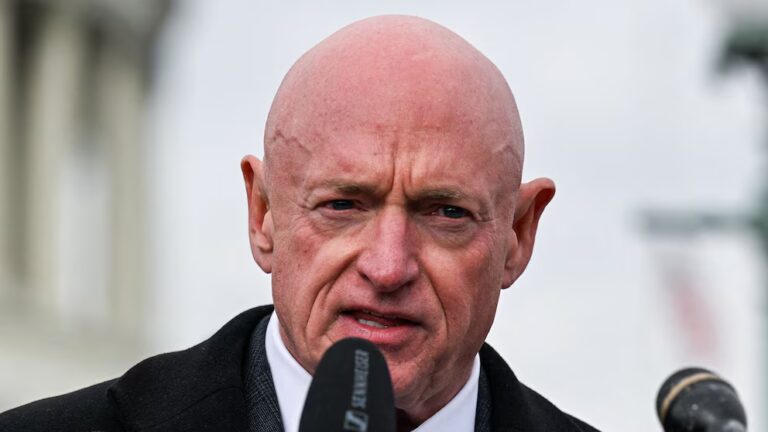
On Monday, the New York Times’s Patricia Mazzei published a dispatch from Marianna, Florida — a small, politically conservative town that depends on jobs from a federal prison and thus has been deeply hurt by the government shutdown. In the piece, Marianna residents grapple with the fact that President Donald Trump, who most residents support, is playing a role in the pain created by lost wages.
Most Marianna residents support Trump’s border wall, his key demand in the shutdown fight, and don’t blame him for the fight. But Crystal Minton, a secretary at the prison who is also a single mother caring for disabled parents, had a somewhat different reaction — one that reveals an essential truth about the core Trump’s political appeal.
“I voted for him, and he’s the one who’s doing this,” Minton told Mazzei. “I thought he was going to do good things. He’s not hurting the people he needs to be hurting.”
He’s not hurting the people he needs to be hurting.
Think about that line for a second. Roll it over in your head. In essence, Minton is declaring that one aim of the Trump administration is to hurt people — the right people. Making America great again, in her mind, involves inflicting pain.
This is not an accident. Trump’s political victory and continuing appeal depend on a brand of politics that marginalizes and targets groups disliked by his supporters. Trump supporters don’t so much love the Republican party as they hate Democrats, a phenomenon political scientists call “negative partisanship.” They like Trump not because he sells them on the GOP, but because they believe he’ll stick it to the Democrats harder than anyone else.
The president’s particular brand of identity politics — the racist attacks on blacks and Latinos, the Muslim ban, his cruel treatment of women — similarly depends on negative rather than positive appeals. Antoine Banks, a political psychologist at the University of Maryland, wrote a book on the connection between anger as an emotion and racial politics. When politicians gin up anger, an emotion that necessarily has a negative target, voters tend to think about the world in more racial (and racist) terms. Trump makes his voters angry, he centers that anger on hated targets, and that makes them want to take his side.
This is what makes Trumpism work. This is the dark heart of our political moment. Even people who are tremendously vulnerable themselves, like Crystal Minton, support Trump because of his capacity to inflict pain on others they detest. The cruelty, as the Atlantic’s Adam Serwer says, is the point.
Sourse: vox.com






